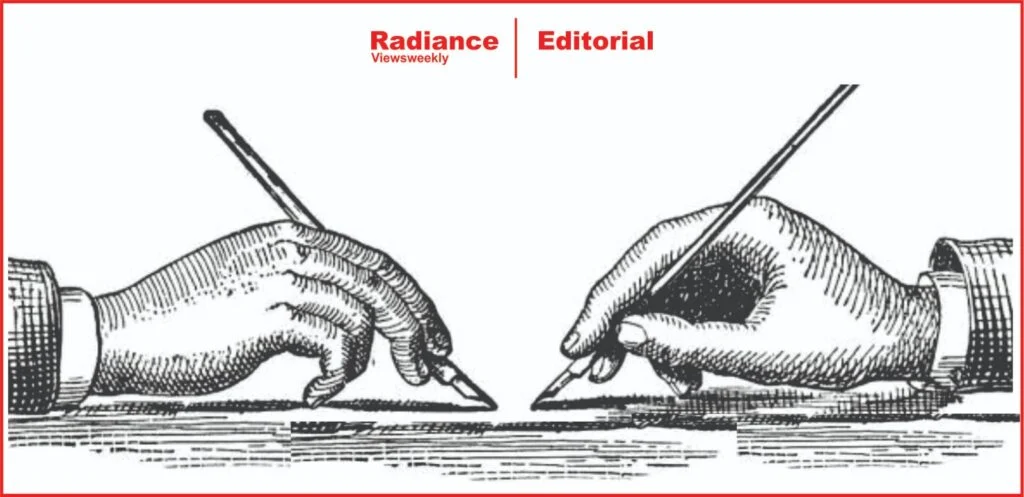The real winners of the 2024 Parliamentary elections are Indian citizens. They have rejected the policies, style, and attitude of functioning of the last dispensation under the leadership of Mr. Narendra Modi during the last ten years; however, Mr. Modi is continuing for his third term but not with the political strength he was enjoying during the last two terms. The people of India have clearly shown that they do not subscribe to hate speeches, communal politics, anti-people policies and misuse of constitutional bodies and institutions like CBI, ED, and IT, etc. The minorities’ votes have changed the entire political landscape of Uttar Pradesh. The Faizabad (Ayodhya) electoral verdict shows that the voters cannot be lured by religious sentiments.
This election has given a strong message, loud and clear, that the Muslim minority, Dalits and a huge number of OBCs are against the anti-people policies of the last government. Rural masses, young voters and the downtrodden have given the message that the Labharthi schemes of the government are not enough for these marginalized sections of society. In a democracy, the government cannot work in an autocratic manner – an attitude that has been largely disapproved by the citizens of the country.
The lesson we learn is that the government that has got the fractured mandate will have to survive at the mercy of the allies. The Indian people are becoming more mature citizens of our democracy. The government should no longer practice the politics of exclusiveness. This message is very much strong. The government should adopt the practice of inclusiveness particularly with respect to Muslims and Dalits in the country.
The fear psychosis in the minds of Muslims was at its peak during the last tenure of the government. The result of this Lok Sabha elections has given a sigh of relief to the Muslims. But it is a worrying fact that the representation of Muslims in the current Lok Sabha is around 5 percent and the presence of Muslims in the present cabinet is zero. This shows the political weakness of the community and political parties both. This abysmal representation of Muslims shall be a matter of worry for political parties, including the BJPas well as the people of India at large.
It is also the responsibility of Muslim political parties and apolitical organizations to evaluate the election results in the context of the representation of Muslims in legislatures. They should accelerate their outreach to the large segments of the masses, and dispel the myths and misinformation that were spread during the election campaigns. This task is important not only to regain the political share but also to improve the social fabric of the country. If Muslim organizations take up this important task on a priority basis, they can change the social behavior which would impact the political parties.


